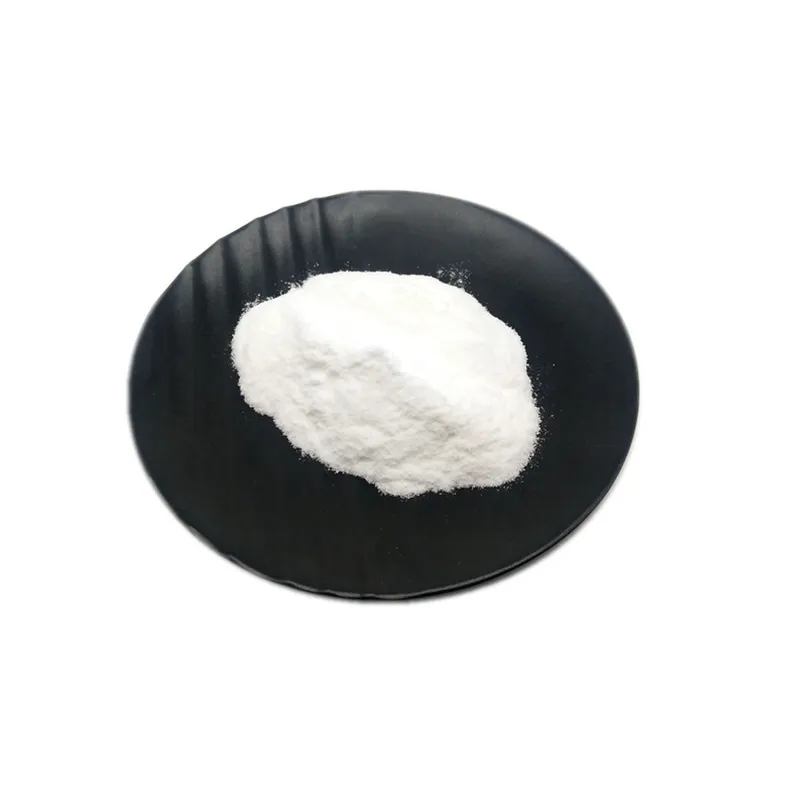Warning: Undefined array key "title" in /home/www/wwwroot/HTML/www.exportstart.com/wp-content/themes/1198/header.php on line 6
Warning: Undefined array key "file" in /home/www/wwwroot/HTML/www.exportstart.com/wp-content/themes/1198/header.php on line 7
Warning: Undefined array key "title" in /home/www/wwwroot/HTML/www.exportstart.com/wp-content/themes/1198/header.php on line 7
Warning: Undefined array key "title" in /home/www/wwwroot/HTML/www.exportstart.com/wp-content/themes/1198/header.php on line 7
- Afrikaans
- Albanian
- Amharic
- Arabic
- Armenian
- Azerbaijani
- Basque
- Belarusian
- Bengali
- Bosnian
- Bulgarian
- Catalan
- Cebuano
- China
- China (Taiwan)
- Corsican
- Croatian
- Czech
- Danish
- Dutch
- English
- Esperanto
- Estonian
- Finnish
- French
- Frisian
- Galician
- Georgian
- German
- Greek
- Gujarati
- Haitian Creole
- hausa
- hawaiian
- Hebrew
- Hindi
- Miao
- Hungarian
- Icelandic
- igbo
- Indonesian
- irish
- Italian
- Japanese
- Javanese
- Kannada
- kazakh
- Khmer
- Rwandese
- Korean
- Kurdish
- Kyrgyz
- Lao
- Latin
- Latvian
- Lithuanian
- Luxembourgish
- Macedonian
- Malgashi
- Malay
- Malayalam
- Maltese
- Maori
- Marathi
- Mongolian
- Myanmar
- Nepali
- Norwegian
- Norwegian
- Occitan
- Pashto
- Persian
- Polish
- Portuguese
- Punjabi
- Romanian
- Russian
- Samoan
- Scottish Gaelic
- Serbian
- Sesotho
- Shona
- Sindhi
- Sinhala
- Slovak
- Slovenian
- Somali
- Spanish
- Sundanese
- Swahili
- Swedish
- Tagalog
- Tajik
- Tamil
- Tatar
- Telugu
- Thai
- Turkish
- Turkmen
- Ukrainian
- Urdu
- Uighur
- Uzbek
- Vietnamese
- Welsh
- Bantu
- Yiddish
- Yoruba
- Zulu
Nov . 28, 2024 06:56 Back to list
Propylene Glycol Uses and Safety in Food and Beverage Products Explained
The Use of Propylene Glycol in Beverages What You Need to Know
Propylene glycol, a synthetic organic compound, has permeated various industries due to its versatile properties. Particularly noted for its unique physical and chemical characteristics, it has found a prominent place in the food and beverage industry. This article explores the role of propylene glycol in beverages, its safety profile, and its implications for consumers.
What is Propylene Glycol?
Propylene glycol is a colorless, odorless liquid that is hygroscopic and miscible with water, acetone, and various organic solvents. It is commonly produced from petroleum products and can also be derived from biological sources. Its unique ability to retain moisture makes it an effective humectant, which helps prevent the loss of moisture in food products, thereby extending their shelf life.
Role in Beverages
In the beverage industry, propylene glycol serves multiple purposes. It is primarily used as a solvent for flavors and colors, ensuring that these additives are evenly distributed throughout the beverage. This uniformity is essential for maintaining taste and appearance, especially in products such as flavored waters, soft drinks, and alcoholic beverages.
Moreover, its hygroscopic nature not only contributes to flavor stability but also enhances the overall mouthfeel of beverages, making them more palatable. In cocktails and other mixed drinks, propylene glycol can act as a stabilizer, preventing the separation of ingredients and maintaining a consistent texture.
Safety and Regulatory Status
propylene glycol in beverages

The safety of propylene glycol in food and beverage applications has been extensively studied. Regulatory bodies such as the U.S. Food and Drug Administration (FDA) classify propylene glycol as Generally Recognized As Safe (GRAS) when used in food and beverages at appropriate levels. According to the FDA, propylene glycol is safe for consumption, provided it is used in moderation.
The Acceptable Daily Intake (ADI) of propylene glycol is relatively high, suggesting that it does not pose health risks when consumed in typical dietary amounts. However, some individuals, particularly those with sensitivity to food additives or certain allergies, may experience mild reactions. Common side effects can include gastrointestinal discomfort, but these instances are rare.
Consumer Awareness and Concerns
Despite its safety profile, consumer awareness about food additives, including propylene glycol, is increasing. The trend towards natural and organic products has led many consumers to scrutinize ingredient lists, seeking to avoid synthetic additives. As a result, certain beverage manufacturers have started to develop formulations free from propylene glycol and other artificial ingredients, catering to health-conscious consumers.
Furthermore, health discussions often amplify concerns around the long-term consumption of synthetic additives. The balance between safety and natural ingredient preferences continues to shape the beverage market. Manufacturers must navigate these consumer trends while maintaining the quality and safety of their products.
Conclusion
Propylene glycol plays a multifaceted role in the beverage industry as a solvent, humectant, and stabilizer. Its safety record underlines its acceptance in food formulations, with regulatory bodies endorsing its use at appropriate levels. However, growing consumer awareness and preference for natural ingredients continue to challenge beverage manufacturers.
Informed consumers should remain aware of the ingredients in their food and drink, considering both the benefits and the potential downsides of synthetic additives like propylene glycol. As the beverage industry evolves, ongoing education and transparency around ingredients will be essential in fostering trust and meeting consumer expectations. Understanding what goes into our beverages is not just a matter of health—it's also about aligning choices with lifestyle and values.
Latest news
-
Certifications for Vegetarian and Xanthan Gum Vegetarian
NewsJun.17,2025
-
Sustainability Trends Reshaping the SLES N70 Market
NewsJun.17,2025
-
Propylene Glycol Use in Vaccines: Balancing Function and Perception
NewsJun.17,2025
-
Petroleum Jelly in Skincare: Balancing Benefits and Backlash
NewsJun.17,2025
-
Energy Price Volatility and Ripple Effect on Caprolactam Markets
NewsJun.17,2025
-
Spectroscopic Techniques for Adipic Acid Molecular Weight
NewsJun.17,2025

